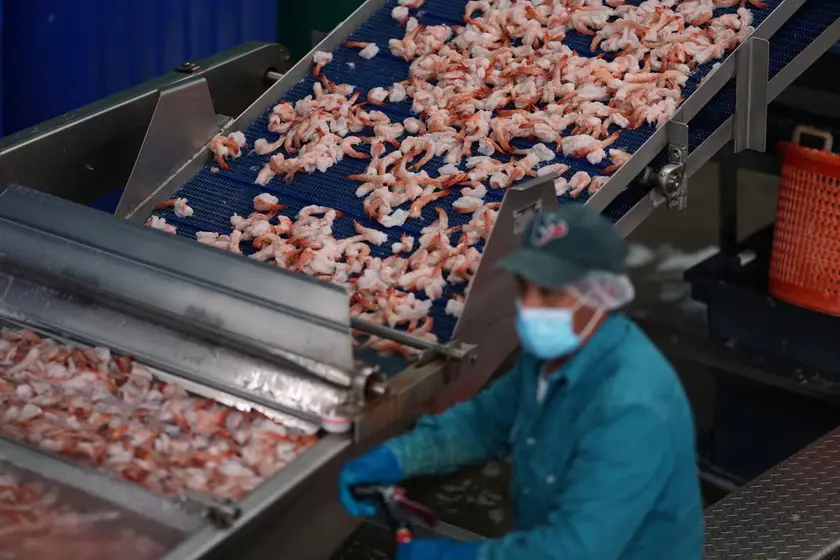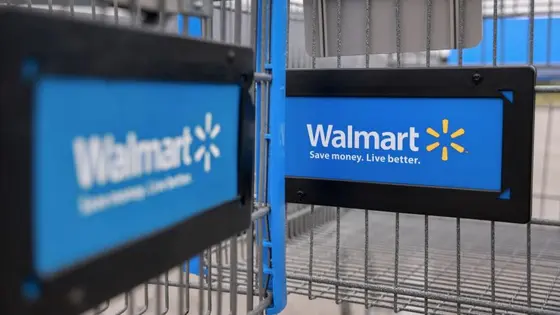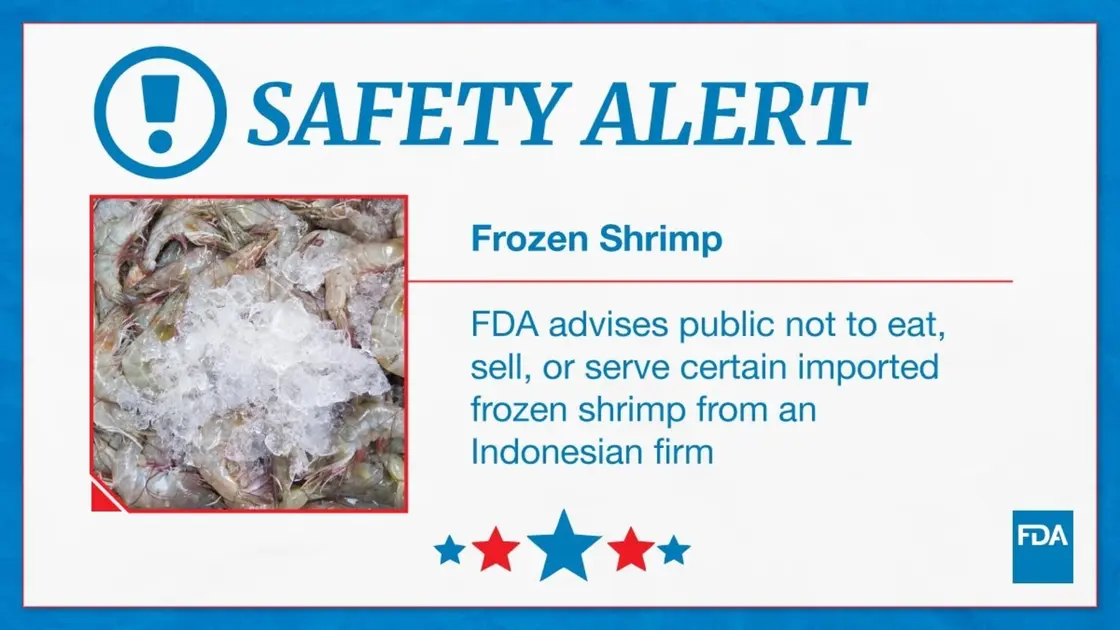T4K3.news
Walmart recalls shrimp over potential radioactive contamination
FDA detected Cesium-137 in shrimp shipments linked to Walmart's Great Value brand and prompted a recall across 13 states; consumers should discard or return affected products.

Walmart pulled three lots of Great Value frozen raw shrimp after FDA detectors found Cesium-137 in containers linked to Indonesian processing.
Walmart recalls frozen shrimp for potential radioactive contamination
Walmart has recalled three lots of Great Value frozen raw shrimp sold in 13 states after the FDA flagged potential radioactive contamination. The recalled products carry lot codes 8005540-1, 8005538-1 and 8005539-1 with best-by dates of March 15, 2027, and were distributed in Alabama, Arkansas, Florida, Georgia, Kentucky, Louisiana, Missouri, Mississippi, Ohio, Oklahoma, Pennsylvania, Texas and West Virginia. Consumers are urged to discard the shrimp or return it to any Walmart store for a refund. The FDA said Cesium-137 was detected in shipping containers and in one sample of frozen breaded shrimp imported from Indonesia, and shipments were denied entry at several U.S. ports.
The agency characterized the health risk as low but said avoiding potentially contaminated products could reduce exposure to low-level radiation that could lead to health problems over time. Walmart said the recalled products were received from shipments not triggering contamination alerts after the initial detection, prompting the recall and store removals. The FDA and U.S. Customs and Border Protection are investigating the supplier, PT Bahari Makmur Sejati, doing business as BMS Foods of Indonesia, as part of ongoing efforts to tighten oversight of imported seafood.
Key Takeaways
"If you have recently purchased raw frozen shrimp from Walmart that matches this description, throw it away."
FDA warning to consumers
"The risk from the recalled shrimp is quite low."
Food safety expert assessment
"Avoiding potentially contaminated products could reduce exposure to low-level radiation that could lead to health problems over time."
FDA risk guidance
"Walmart immediately recalled the products."
Company action after detection
The episode shows how a single alert can ripple through a vast supply network. A port finding triggers a recall that affects shoppers far from the source, underscoring why traceability matters in food imports. It also reveals gaps in screening and communication, since some affected product reached stores after the initial detection. Regulators and retailers will be pressed to demonstrate robust checks without stifling commerce.
Public confidence will depend on clear testing, swift action, and transparent labeling. The incident may push regulators to tighten import controls and supplier audits, with retailers bearing responsibility for balancing safety with brand trust in a high-volume, globally sourced food system.
Highlights
- Toss it if it matches the recall description
- Fast action protects shoppers from unseen danger
- Testing today means safer groceries tomorrow
- Walmart acted quickly and transparently
Public health risk tied to imported seafood
The recall signals the ongoing need for rigorous screening of foreign food products. While the assessed health risk is low, the incident raises questions about supply-chain vigilance and the speed of public communication.
Continued testing and transparent reporting will shape trust in food safety for imported products.
Enjoyed this? Let your friends know!
Related News

Walmart recalls potentially radioactive shrimp sold in 13 states

Shrimp recall notice

FDA alerts on Walmart shrimp safety

FDA notices Cs-137 risk in Walmart shrimp

FDA updates seafood safety alert

FDA warns Walmart shrimp may be contaminated

FDA warns about radioactive Walmart shrimp

Walmart recalls radioactive shrimp
